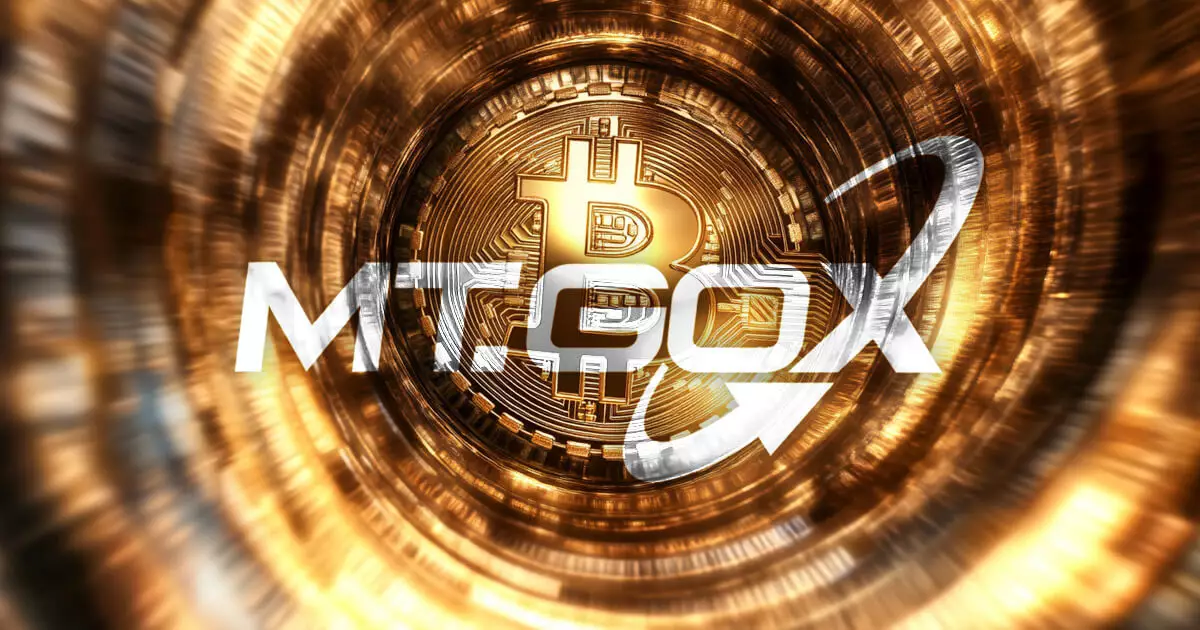In a significant development that has captured the attention of the cryptocurrency community, Mt. Gox—the infamous exchange that collapsed following a massive hack in 2014—has recently transferred more than $2 billion worth of Bitcoin into newly established wallets. According to blockchain analytics from Arkham Intelligence, this transaction took place on November 4 at 23:38 UTC. The majority of the funds, amounting to 30,371 BTC, were sent to an undisclosed wallet labeled “1FG2C,” while an additional 2,000 BTC was directed to another wallet with the address “15gNR.” These large-scale movements prompt a deeper analysis of their potential ramifications on the ever-volatile crypto ecosystem.
Despite these hefty transfers, Mt. Gox continues to retain a significant Bitcoin reserve, holding approximately 44,378 BTC, valued at $3.04 billion as of recent assessments. The activity in the Mt. Gox wallet has indicated a recent uptick, with reports from SpotOnChain showcasing that the exchange actively moved 32,871 BTC—worth nearly $2.22 billion—into various wallets in just four days. Out of these transfers, a small but notable portion, specifically 296 BTC, was allocated to wallets associated with reputable exchanges such as OKX and B2C2. This activity raises crucial questions regarding Mt. Gox’s asset management and the long-awaited repayment process for its creditors.
The historical backdrop of Mt. Gox is marred by the infamous 2014 hack, which resulted in the disappearance of nearly 950,000 BTC—currently valued at over $58 billion. In an effort to address the claims of devastated creditors, Mt. Gox has been systematically distributing Bitcoin and Bitcoin Cash to those affected. These disbursements are facilitated through various cryptocurrency platforms, including Kraken, Bitstamp, and BitGo. Recently, the exchange extended its repayment timeline, shifting the deadline from October 31, 2024, to October 31, 2025. This extension underscores the complexity and scale of the reimbursement process.
The substantial Bitcoin movements from Mt. Gox have sparked considerable speculation within the crypto community regarding future asset timings and their potential market impact. As creditors anticipate repayment, the question remains whether the release of such extensive funds could lead to a significant shift in market dynamics. The possible influx of Bitcoin into circulation might drive down prices temporarily, especially if many creditors choose to liquidate their holdings upon receiving favorable payments.
The recent Bitcoin transfers from Mt. Gox represent not only a critical phase for the exchange as it works to fulfill its obligations to creditors but also serve as a potential catalyst for market changes. As stakeholders keep a watchful eye on new wallet activities and repayment deliveries, the ongoing saga of Mt. Gox will undoubtedly remain a focal point in discussions surrounding the overall health of the cryptocurrency market.


Leave a Reply